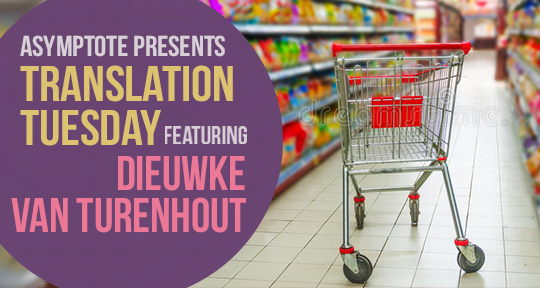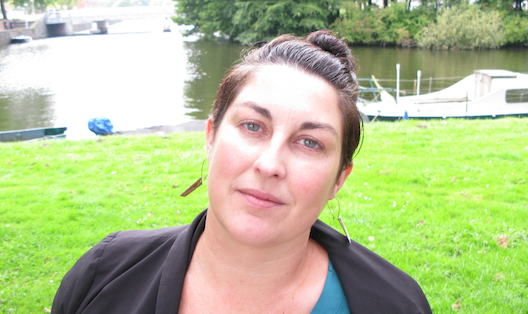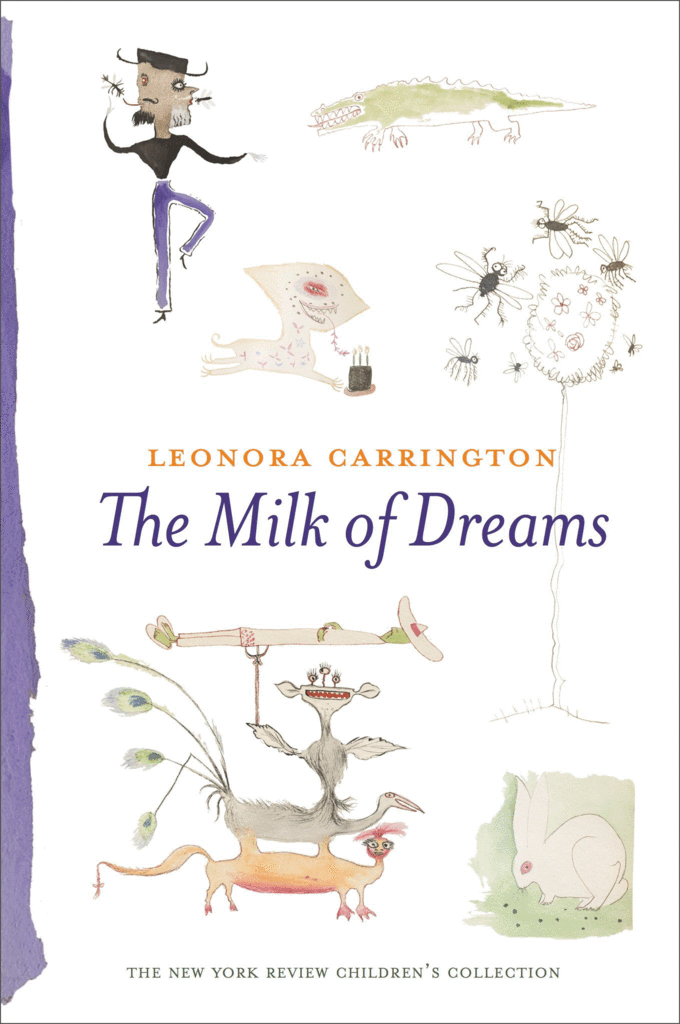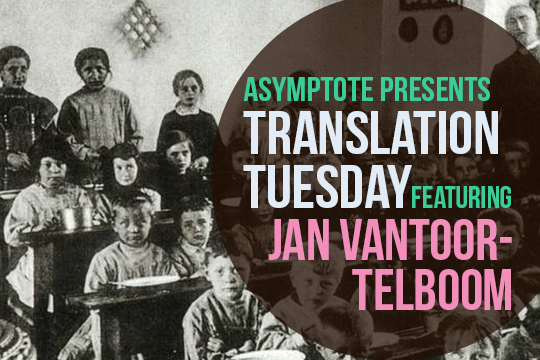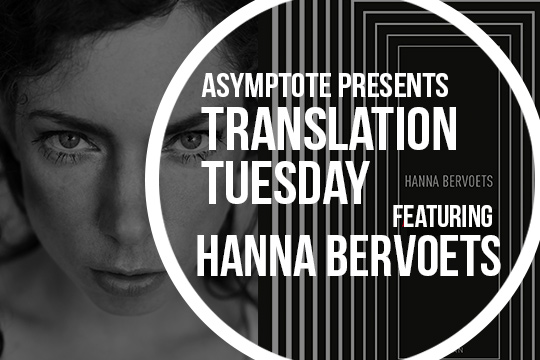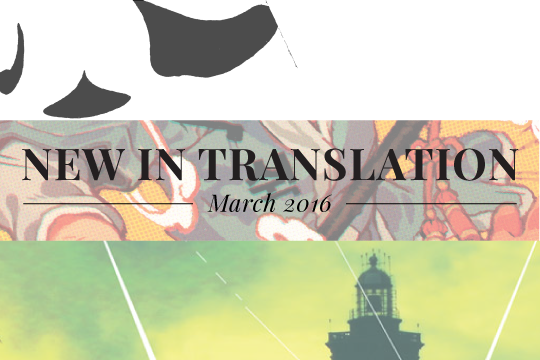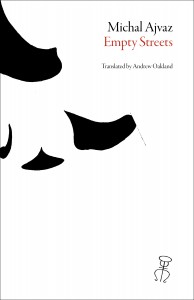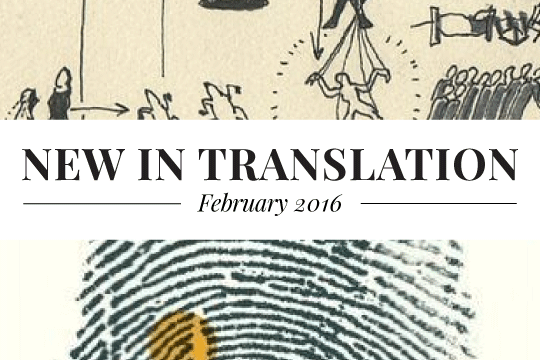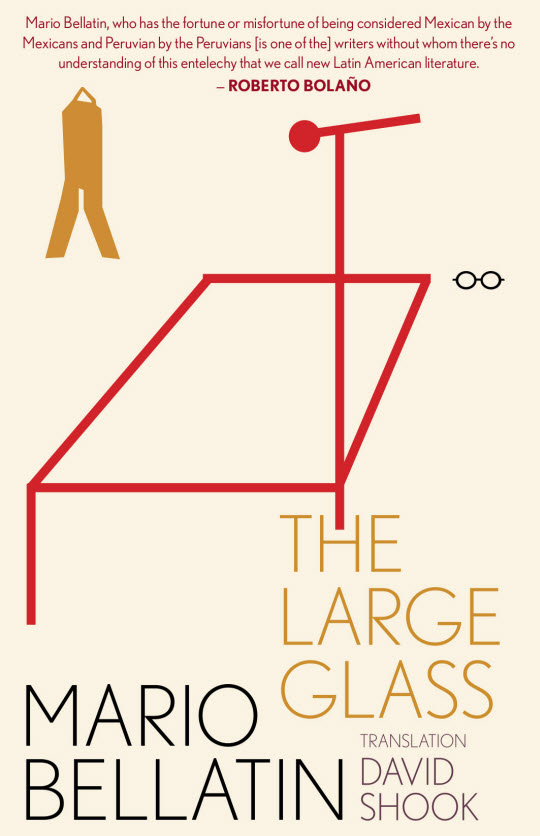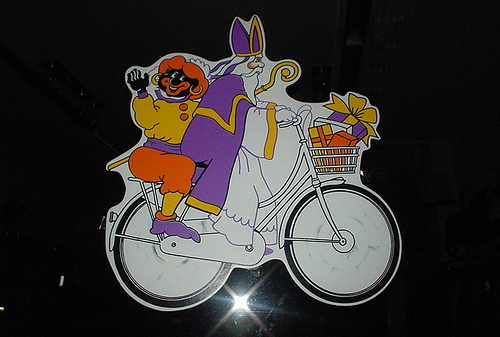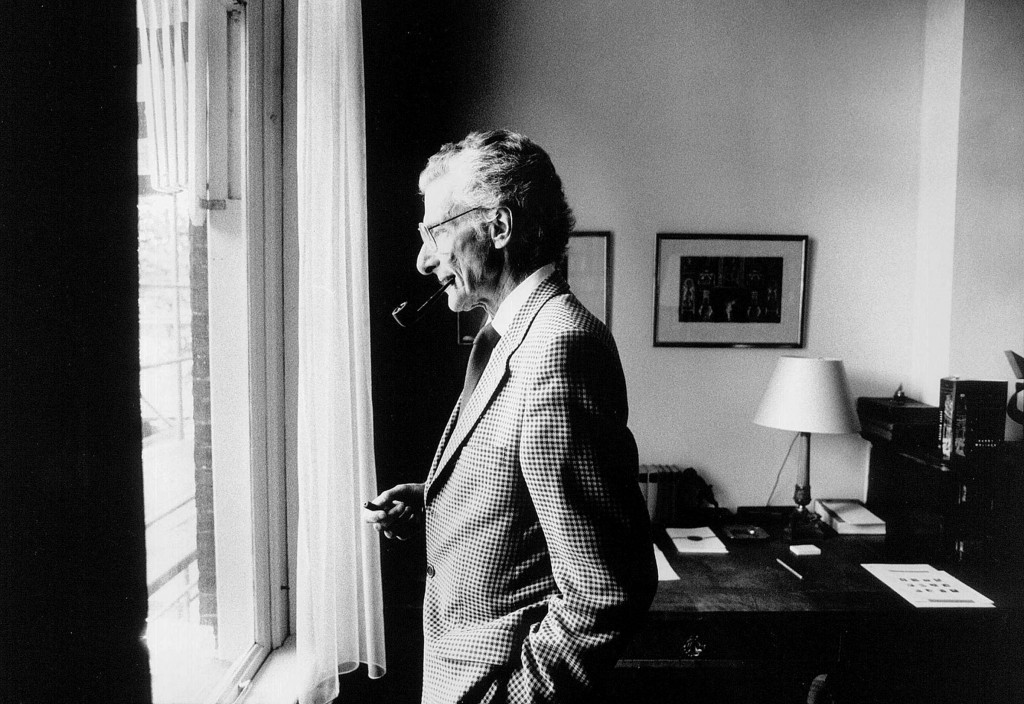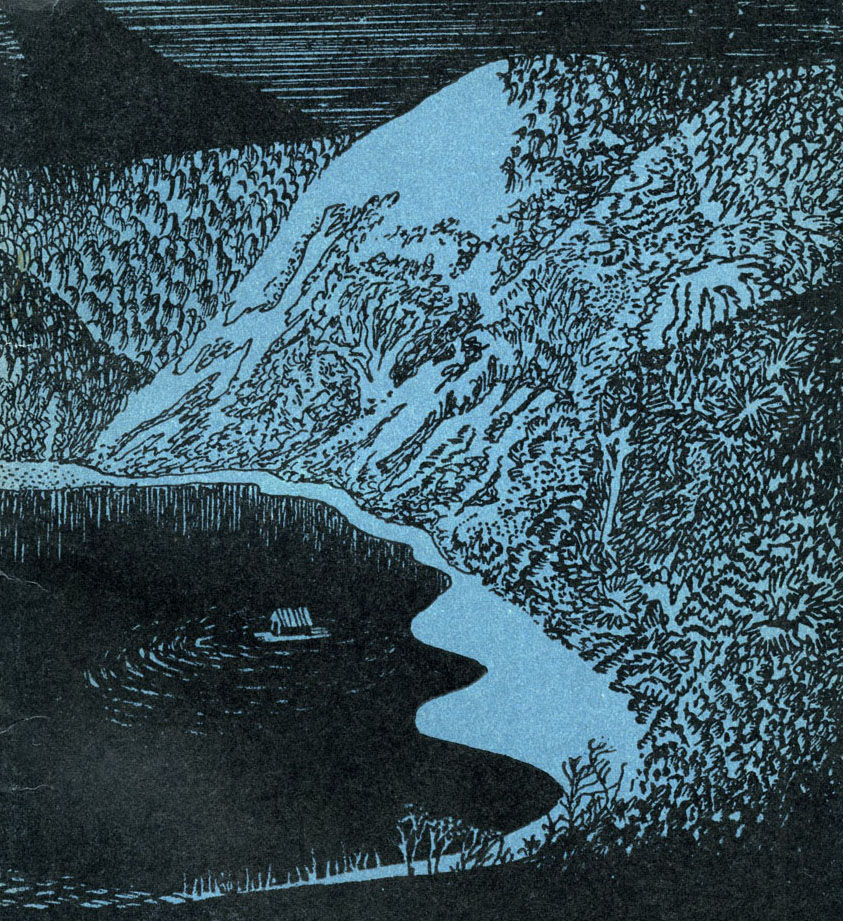This week we are thrilled to celebrate women in translation by bringing you a heartbreaking story from Dutch writer Dieuwke van Turenhout. Beautifully translated by Michele Hutchison, this story makes use of the cycling tradition of the Netherlands to delve into one woman’s experience of loss.
Now autumn has shown its face, I bike to the shops every day. I’ve stopped keeping my bike at the back of the bike shed; it’s at the front of the garage now. I avoid the asphalt road and when I cross the ring road it’s as though I’m seeing my old self through the windscreens of the waiting cars. I dress for the autumn chill and each time I put on my coat I think about you, and about elephants. (You can’t really call it chilly, objectively speaking. The weatherman, the one you despise, with the bent back and the stupidly hip suits, keeps smiling and calling it wonderful weather, but what does he know? I shiver and even wear your scarf indoors sometimes.).
Tuesday was the first time there was a bit of rain, ‘real’ autumn. The oak trees and beeches along the canal shook their heads scornfully and punished me for going out by collecting big droplets and swishing them at the lenses of my glasses.

